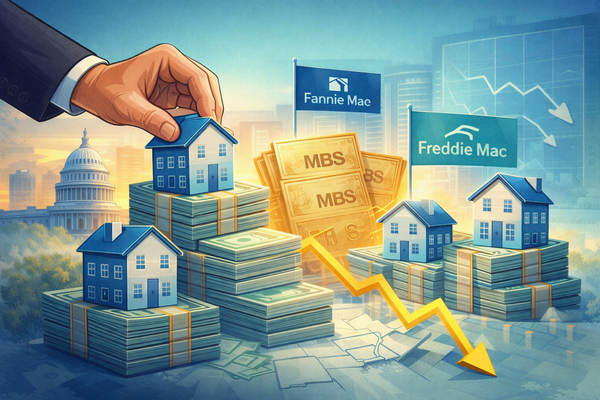How Rising Property Taxes Impact Investors

Rising property taxes are the hidden challenge that can threaten even the best real estate investments. Whether you own commercial buildings or residential rentals, unchecked tax increases can eat into your profits, making it harder to hit your financial goals. Let’s break down why this happens and how to protect yourself.
The Reality of Rising Property Taxes
As property values increase, so do property taxes. For investors, this means:
Higher Operating Costs:
Commercial property owners see tax hikes cut into net operating income (NOI). If your tax expenses rise faster than rents, your cash flow suffers.
Residential investors feel the same pinch, especially if rental prices cannot keep pace with the added expense.
Eroding Asset Value:
Property value is not just about market appreciation, it is about income potential. Higher taxes reduce NOI, which directly lowers the valuation of income-producing properties, especially in commercial real estate.
Reduced Competitiveness:
For commercial landlords, higher taxes can mean steeper rents for tenants. This could make your property less attractive compared to competitors with lower overhead.
Residential investors may face tenant resistance when trying to raise rents to cover higher taxes.
Why It’s Critical to Plan for Taxes
Many investors prioritize acquisition costs and financing but often overlook the long-term impact of rising property taxes. Without building the necessary cushion into your underwriting, these unexpected expenses can derail your deal and transform your investment from an opportunity into a liability.
Tips to Stay Ahead of Tax Increases
- Know Your Market: Research areas with stable or predictable tax environments.
- Build in Buffers: Factor potential tax increases into your cash flow models.
- Appeal Assessments: If your property is overvalued, you may have grounds to challenge the tax assessment.
The Bottom Line
Property taxes are unavoidable, but they do not have to be unmanageable. By staying proactive and building taxes into your investment strategy, you can maintain strong returns and avoid surprises.





